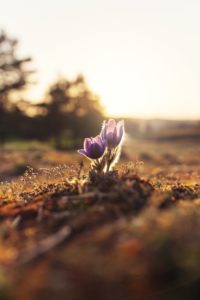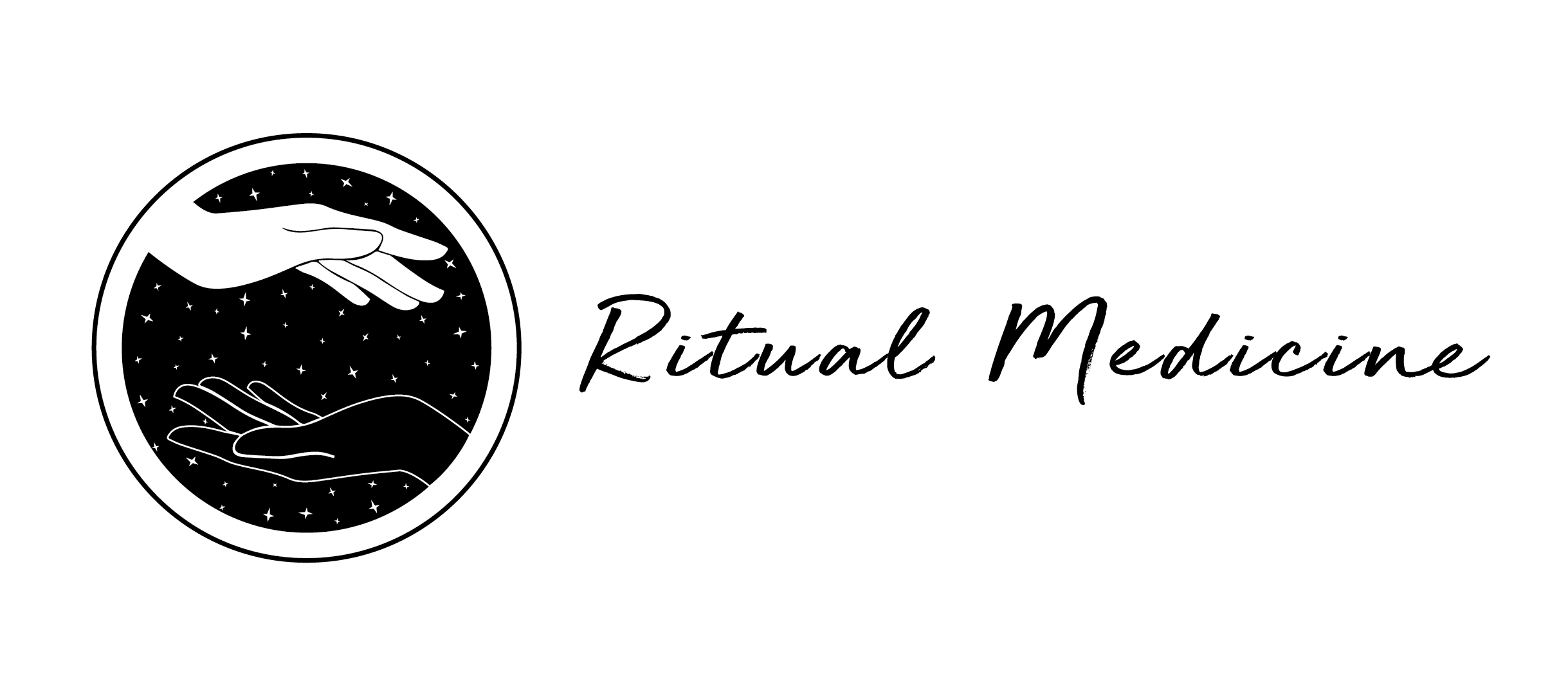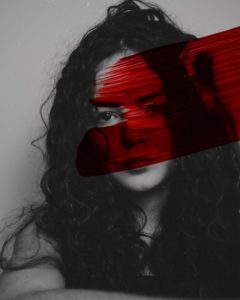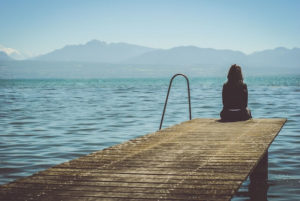 What is the follicular phase?
What is the follicular phase?
After the last day of your period, your body prepares for ovulation, this is the follicular phase.
Signals from the brain tell the ovaries to prepare an egg that will be released.
Here, a hormone called follicle-stimulating hormone (FSH) stimulates your ovaries to produce a matured egg.
This maturing process produces estrogen, which makes the lining of your uterus thicken with nutrients and blood, so it will be able to provide the egg with the support it needs in case of pregnancy (the lining of the uterus must be thick in order for an egg to implant)
During the period, the pituitary gland (a small area at the base of the brain that makes hormones) produces a hormone called follicle stimulating hormone (FSH).
FSH tells the ovaries to prepare an egg for ovulation (release of an egg from the ovary).
What is happening when you are in the follicular phase?
It’s known as the Follicular phase because your pituitary gland releases a hormone called Follicle Stimulating Hormone (FSH).
FSH stimulates the follicles in one of your ovaries to mature.
FYI-these follicles contain your eggs.
The pituitary gland then starts to release Luteinizing Hormone (LH), which is responsible for making ovulation actually happen.
Only one of these follicles will “ripen” and become mature.
During this time you will notice that your cervical fluid takes on a wetter consistency. It typically looks creamy.
What are hormones doing during the follicular phase?
Your estrogen and testosterone levels remain low in the beginning of the follicular Phase but gradually increase as ovulation gets closer.
Both estrogen and testosterone start to boost your energy, mood and brain skills. You start to feel more confident, powerful and are willing to take more risks.
High estrogen also makes you braver, more confident and ready for a challenge. You’re thinking quickly and learning new facts and skills more easily.
During this cycle week, you’re more coordinated and have faster reaction times, your verbal skills peak and you’ve got a sharper memory.
Testosterone starts to stimulate your libido while at the same time making you more impulsive. Estrogen makes your skin look and feel better. It also makes you feel more extroverted and pushes you to be more social and to connect with other people.
When that happens, it tends to make you more impulsive, daring and competitive. Your libido is high all during your week 2, however, when testosterone spikes, it boosts your libido even higher.
On a primitive level, all of this is done to help attract a mate for the next phase of your cycle.
(Read Your Menstrual Cycle Simply Explained here)
What to do when you are in the follicular phase of your cycle
The follicular phase of your cycle is a great time for brainstorming and problem solving. It is the perfect time for creating new projects, and socializing. You can increase your activity level and experiment with something new.
Need some help understanding your menstrual cycle? Connect with me here to see how I can help you.


